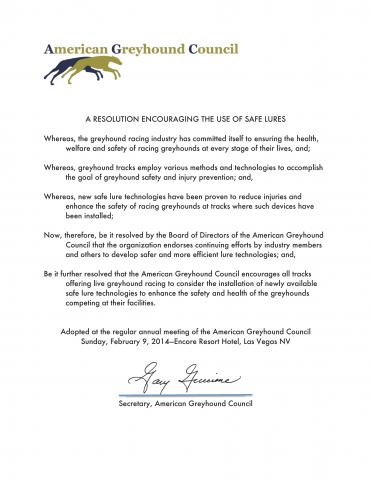OKLAHOMA OFFICIAL WARNS RESIDENTS OF HSUS DECEPTION
Attorney General Scott Pruitt of Oklahoma has issued a consumer alert warning state residents that donations to the Humane Society of the United States (HSUS) may not be used to benefit local shelters and dislocated animals, but go toward unrelated efforts such as lobbying in Washington DC or other states.
According to Wisconsin Ag Connection, an online agriculture news network, the alert was issued after the attorney general’s office received complaints in the wake of last year’s tornadoes in Moore that HSUS had misled Oklahomans by telling them their donations would go to help local shelters and dislocated animals.
“Our review has found the Oklahoma shelters have not received assistance from national groups,” reads Pruitt’s March 12 news release. “Our concern is that Oklahomans’ donations may instead have gone toward lobbying activities in other states or at the national level.”
Oklahoma has seen several major battles between animal rights groups and the state’s farmers in recent months. Earlier this month, Pruitt joined a multistate lawsuit against California over restrictive egg production regulations. The lawsuit was triggered by passage in 2008 of a voter initiative requiring California egg producers to comply with new egg production requirements. Because the new rules put California producers at a competitive disadvantage with other states, the California legislature passed a 2010 law requiring egg producers in other states, including Oklahoma, to comply with California regulations in order to continue selling eggs in California.
The attorneys general of Missouri, Alabama, Kentucky, Iowa and Nebraska have joined the lawsuit as well. The suit asks the federal court to rule that California’s legislation violates the commerce clause of the U.S. Constitution, which prohibits states from enacting legislation regulating conduct outside its borders or protecting its own citizens from out-of-state competition.
Similar concerns about Commerce Clause violations led the New Hampshire legislature to reject a 2013 bill that would have prohibited the import of racing simulcast signals from states that do not require tracks to report greyhound injuries.


